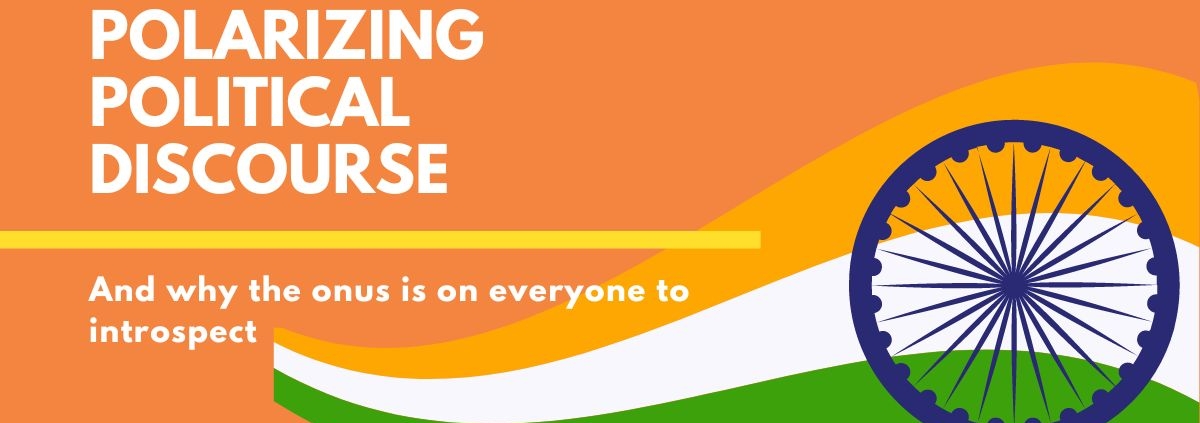On October 9, an elected member of Parliament, while addressing a gathering in East Delhi, made a statement(1) that shocked many in the country. In a video that has now gone viral, he can be heard saying, “Wherever you find them, there is only one way to straighten them — total boycott…We will not buy anything from their shops or pay them any wages. This is the only treatment for them.” No prizes for guessing who the “them” is and which community the MP wants to be boycotted. The said MP is not alone in making such incendiary statements; it is the state of political discourse in India today.
The aforementioned MP’s calls for an economic boycott pale in comparison to the one involving a self-styled leader. In December 2021, the said ‘leader’ is heard spewing the worst kind of communal hate in Haridwar at an event as she declared(2): “Nothing is possible without weapons. If you want to eliminate their population then kill them. Be ready to kill and be ready to go to jail. Even if 100 of us are ready to kill 20 lakhs of them, then we will be victorious, and go to jail.” While every nation has its fair share of hate-spewing fringe elements, the case in India is different because the incendiary remarks are underpinned by the same schools of thought that the majoritarian, mainstream, in-power government is rooted in.
Political discourse at its nadir
These are not isolated incidents, nor do they come from fringe elements or maverick politicians out to make a splash. In the last decade, the political discourse has deteriorated to such an extent that hate speeches, dog whistles, and polarizing and inflammatory statements are now made with impunity by elected mainstream politicians.
There is no fear of action, for nothing as such has ever been taken by the powers-that-be against such venom-spewing leaders and politicians. In fact, making blatantly communal (and often, criminal) statements gets rewarded. The more polarizing you are, the better your political prospects.
Where does so much hatred come from? This is a complicated question with no easy answers. In fact, it is difficult to determine what came first — the chicken or the egg. Is it the politicians who are polarizing and dividing the fabric of our society and our polity, thus creating divisions among people, or the people giving vent to their inherent hate and prejudice, thus emboldening politicians to make such divisive comments?
There was a time when verbalising communal views and biases was done only within the confines of the four walls of homes — there was an element of hesitancy, and one felt embarrassed to admit that they harboured such feelings and leanings. That time is long gone. It is now fashionable to not only make the worst kind of polarizing statements but also back them up with action by physically attacking, lynching and murdering “others”. There just don’t seem to be consequences other than an arrest here and there while the perpetrators get the bail readily.
Distressing as the scenario is, it might not end any time soon. In the process, not only is the social fabric of the country being torn asunder but its economic progress is also being hampered. A society at war with itself cannot aspire to become an economic powerhouse. There is an onus on everyone to introspect and retrospect and find the way back to the righteous path that they have strayed from.
1. https://indianexpress.com/article/cities/delhi/at-hindu-sabha-bjp-mp-verma-calls-for-total-boycott-of-a-community-8199655/
2. https://thewire.in/communalism/pooja-shakun-pandey-namaz-ban-history-anti-muslim-hate-speech



